Description
• Program content:
• A series of books on developing the four skills through religious vocabulary.
• The book of clear grammar in its three parts.
• The book “Facilitation of Exchange” in its three parts.
• The book Al-Tuhfa Al-Sunniyyah to explain the text of Al-Ajrumiyah.
• The Book of Clear Rhetoric, Parts One and Two.
• Applications of the rules of grammar, morphology, and rhetoric to prose and poetic texts.
• Number of stages and levels of the program:
• The basic program is divided into five stages, each of which consists of four levels as follows:
• The first stage (establishment)
• It includes the introductory level and levels one to three.
• Introductory and first levels:
• They represent level A1 in the European Reference Framework (CEFR).
• Their goals are to teach the alphabet and common vocabulary in everyday life topics in terms of their formation, distinction, and use in communication.
• The second and third levels:
• They are equivalent to A2 level in the European Reference Framework (CEFR).
• Students learn more advanced vocabulary about life matters, so that they can understand life texts in general, and realize the meaning of simple texts in detail.
• They begin to use some basic religious vocabulary in a simplified life context.
• They study some major religious topics such as Hajj and Umrah, and Ramadan.
• They constitute the beginning stage of studying the first part of the book Clear Grammar, along with a number of noble Prophetic hadiths.
• The second stage: “First Intermediate”
• The first intermediate stage is equal to “B 1” in the CEFR levels.
• It consists of 4 levels, starting from the fourth level to the seventh.
• It focuses on teaching life matters while teaching more topics related to Arab-Islamic culture. To enable learners to understand oral and written content, express their ideas, and discuss smoothly in speaking and writing.
• In addition to learning the first and second parts of the book Clear Grammar, and studying a selection of the noble Prophet’s hadiths.
• Among the most prominent topics taught are the following:
• Homeworks.
• Acting concerts.
• Trips.
• going to doctor.
• Dealing with the outbreak of fire.
• Women in the life of the Messenger, may God bless him and grant him peace.
• Khadija the daughter of Khwailid.
• Amr ibn al-Aas.
• Saeed bin Amer.
• Salah al-Din al-Ayyubi.
• A fair judge.
• Recording the Sunnah.
• Arafat’s pause.
• Holidays in Islam.
• The third stage: “Second Intermediate”
• Includes levels from eight to eleven.
• The second intermediate stage is equivalent to B2 levels of the European Reference Framework (CEFR).
• In it, learners’ linguistic skills develop, as they are able to understand moderately difficult texts and learn topics about Arab-Islamic culture, such as:
• Saad bin Abi Waqas.
• Abi Hudhayfah.
• al-Emam Al Shafi.
• Shura and opposition according to Omar ibn al-Khattab.
• Islamic civilization in Spain.
• Mosques in different eras.
• They also study a collection of Prophetic hadiths, and the third part of the book Clear Grammar.
• The fourth stage, “First Applicant”:
• It extends from the twelfth to the fifteenth level.
• The first advanced stage is equivalent to C1 levels of the European Reference Framework (CEFR).
• Students study advanced topics in Arab-Islamic culture, and practice the four language skills in a deeper way that qualifies them for religious study.
• Among its most prominent topics are the following:
• The Qur’an and how it was compiled.
• Muslims in the world.
• Jerusalem.
• Social foundations in Islam.
• Musab bin Omair.
• Imam Malik bin Anas.
• Jerusalem.
• Al-Jahiz.
• Masculinity in Islam.
• The impact of Islamic civilization on human civilizations.
• In addition, students study a collection of hadiths of the Prophet, the book Al-Tuhfa Al-Sunniyyah explaining the text of Al-Ajrumiyah, and a large part of the book Taysir Al-Sarf.
• The fifth stage “the second applicant”:
• Includes levels from sixteen to nineteen.
• The second intermediate stage is equivalent to the C2 levels of the European Reference Framework (CEFR).
• Students specialize more and more in their linguistic studies by studying the following:
• Applications of the rules of grammar, morphology, and rhetoric to prose and poetic texts
• Literature across its different eras in brief, and a study of some texts.
• The clear eloquence of Ali Al-Jarim.
• The remaining part of the book Tayseer Al-Sharf.
• Some selected noble hadiths of the Prophet.
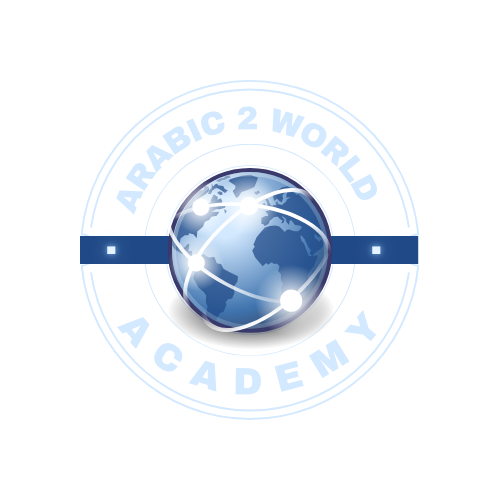
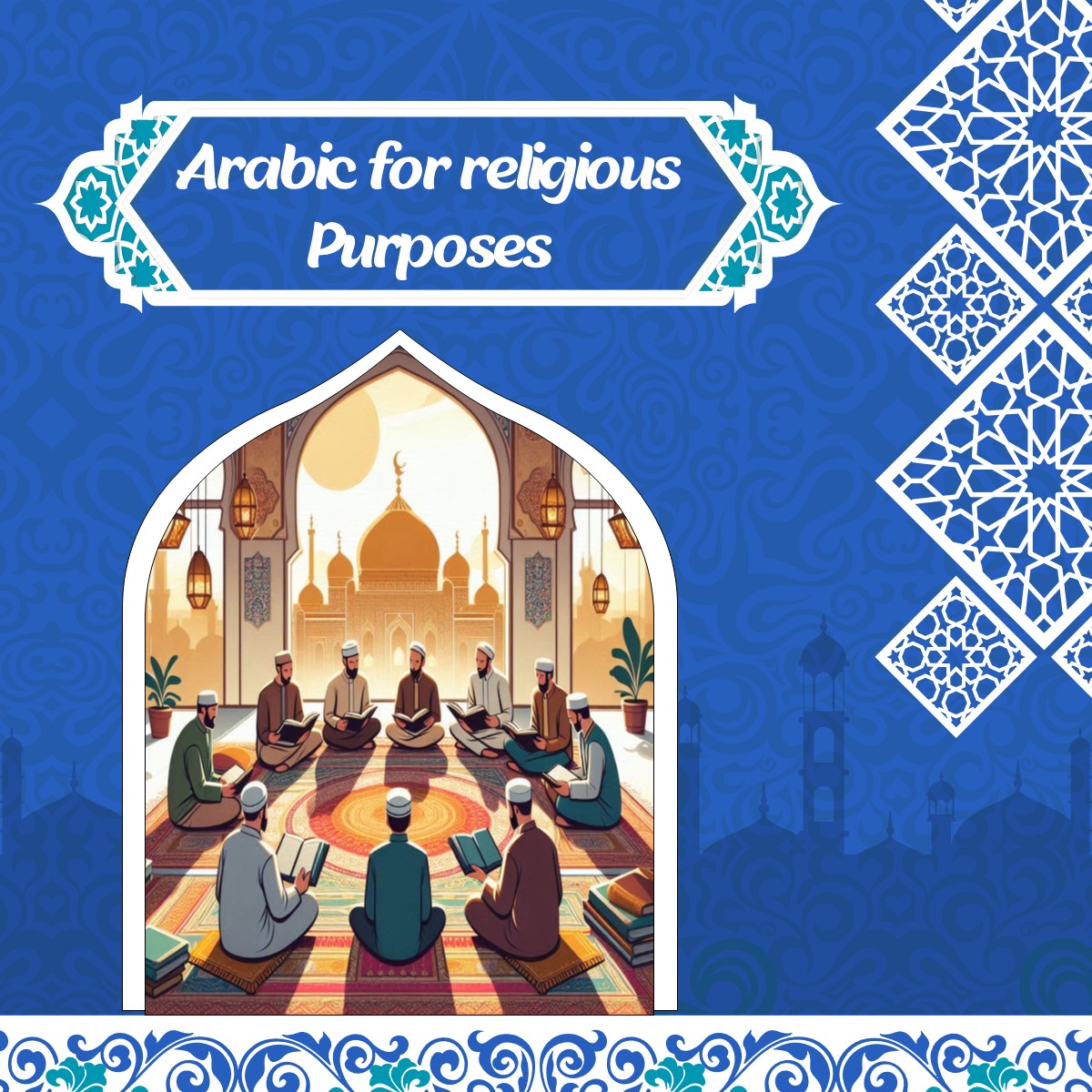

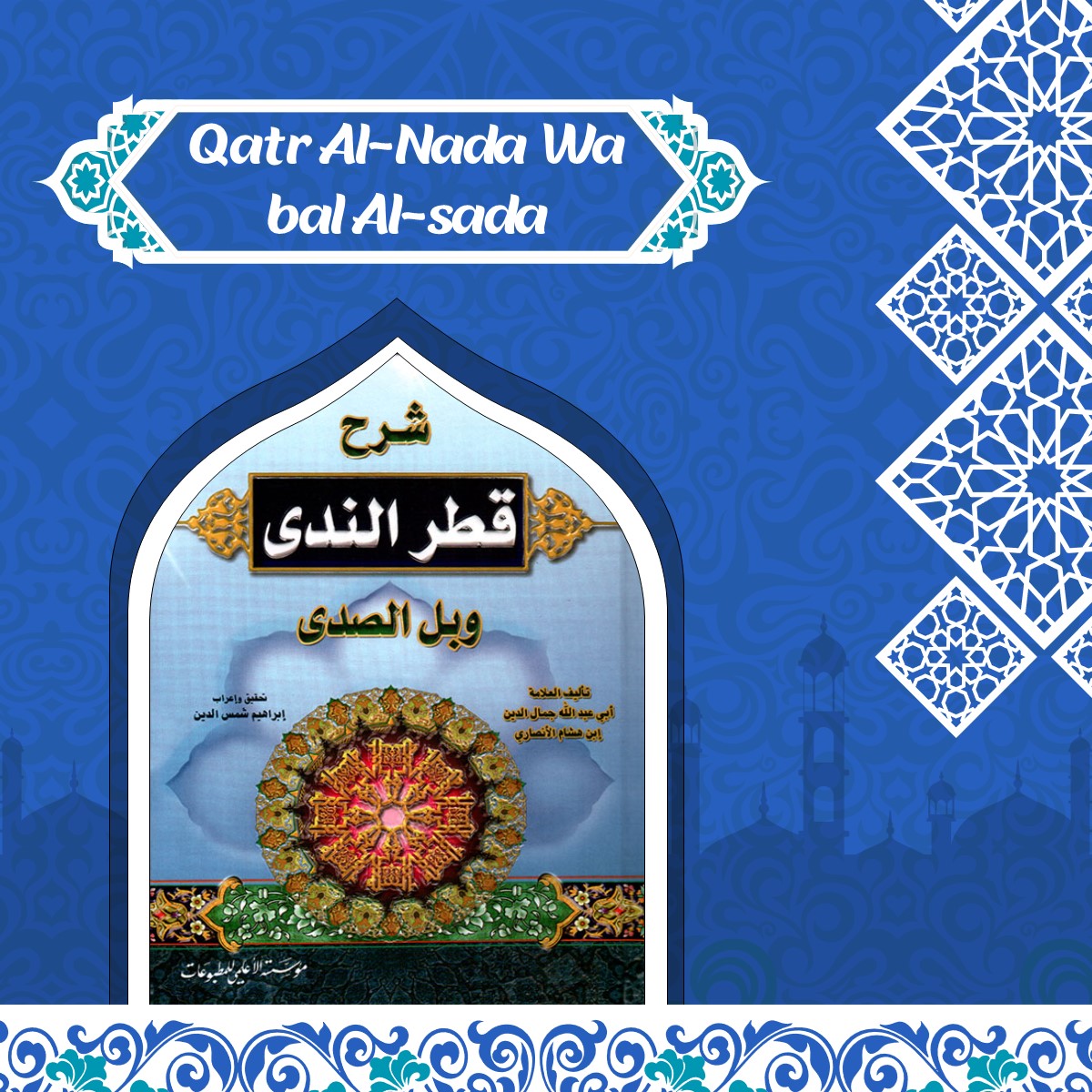

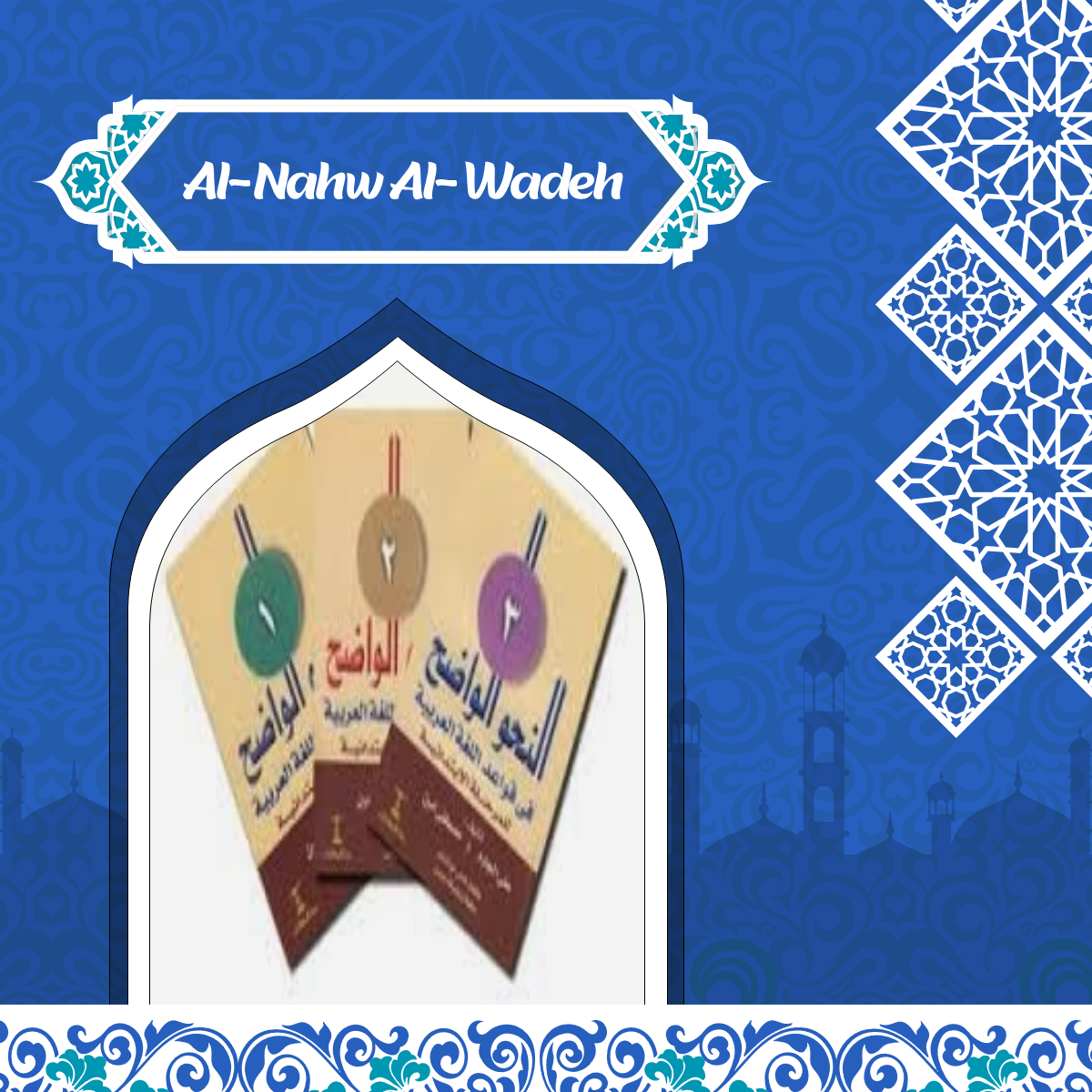
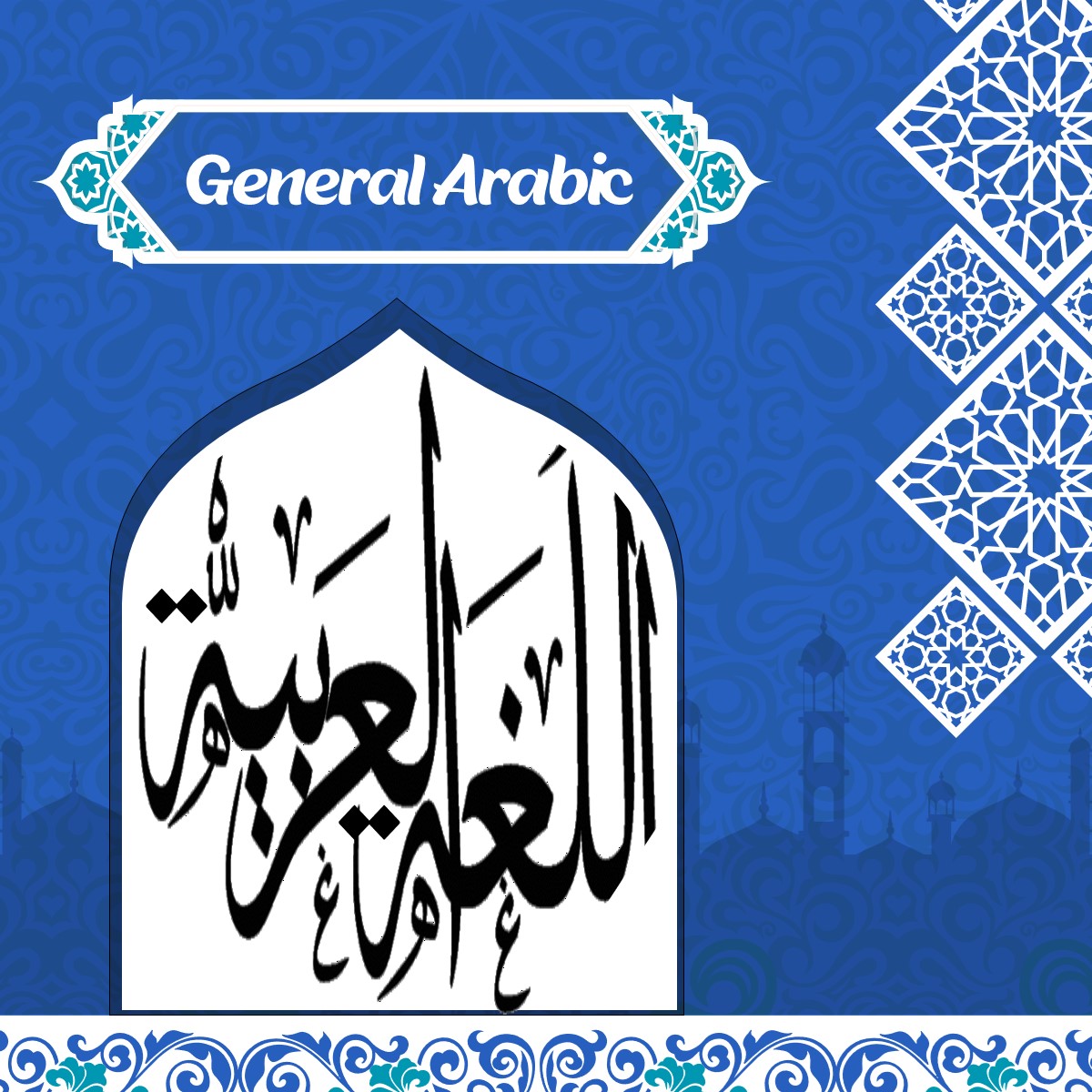
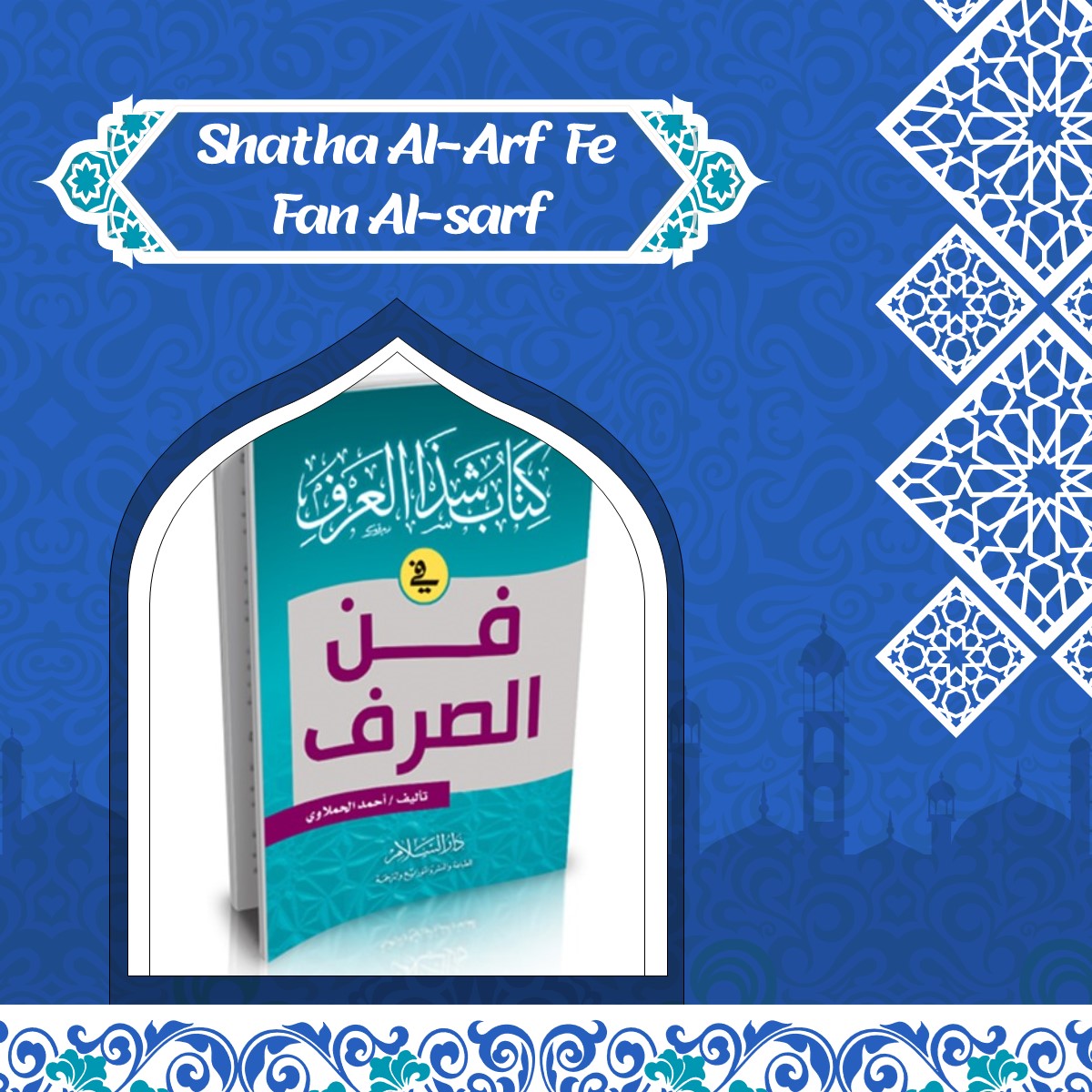
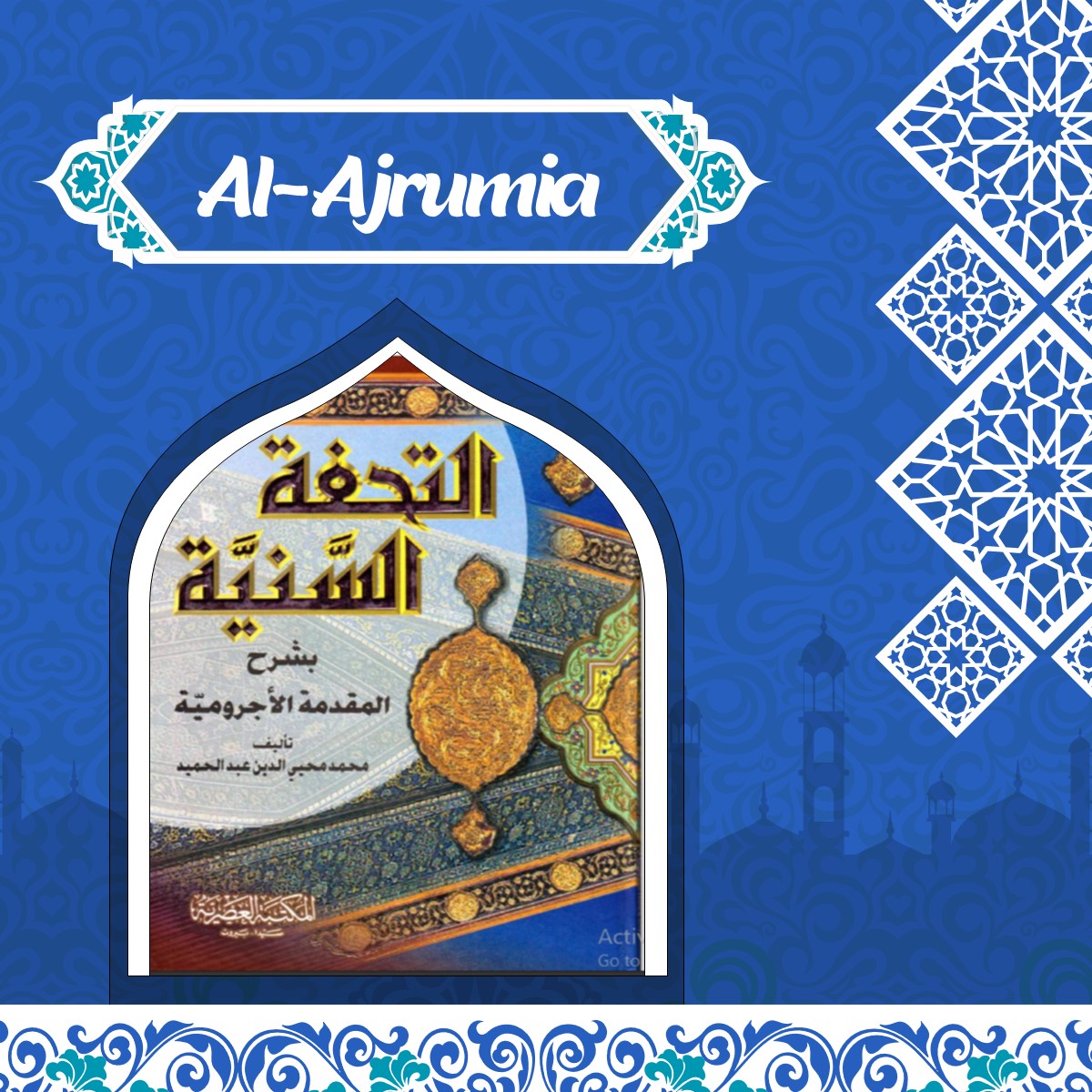
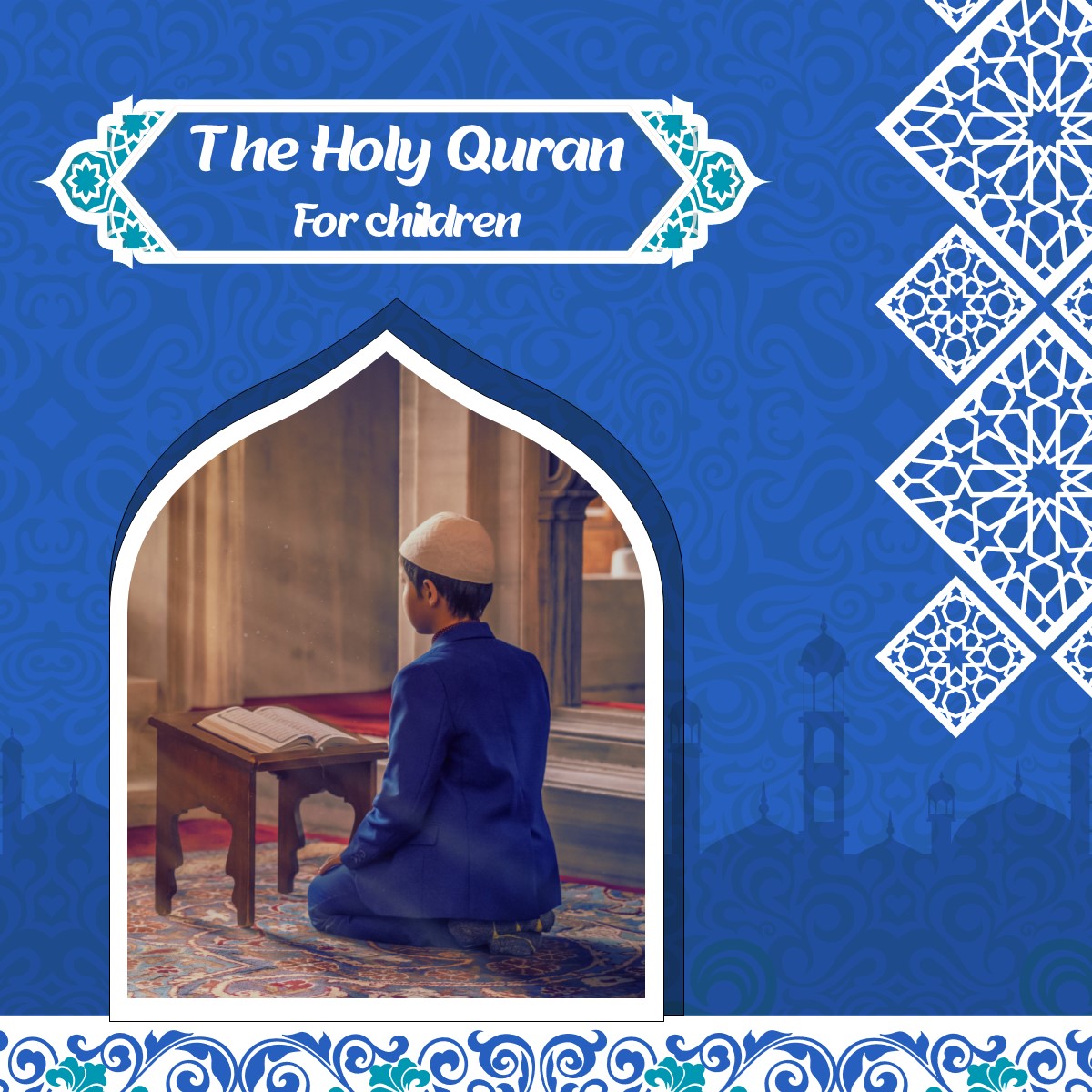
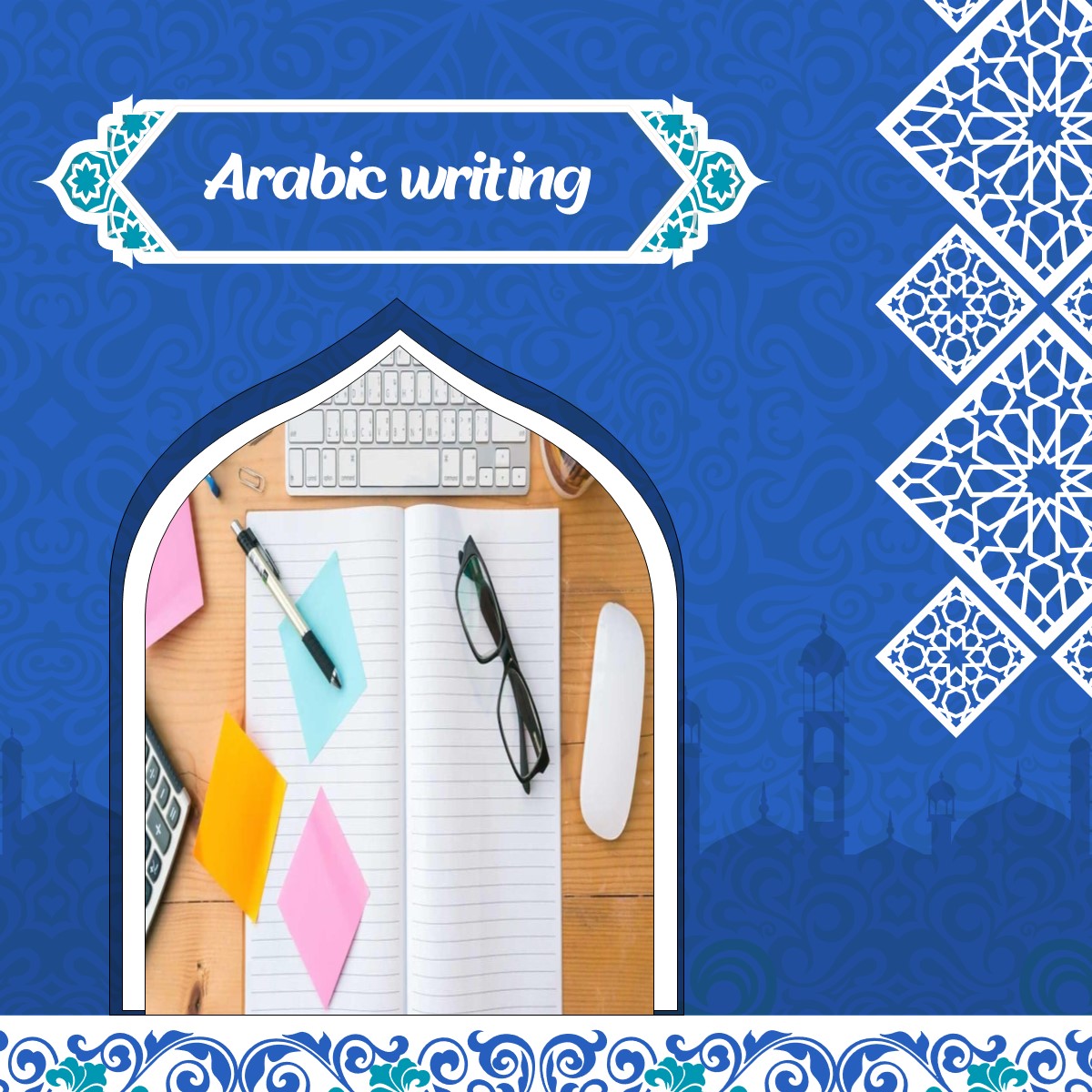
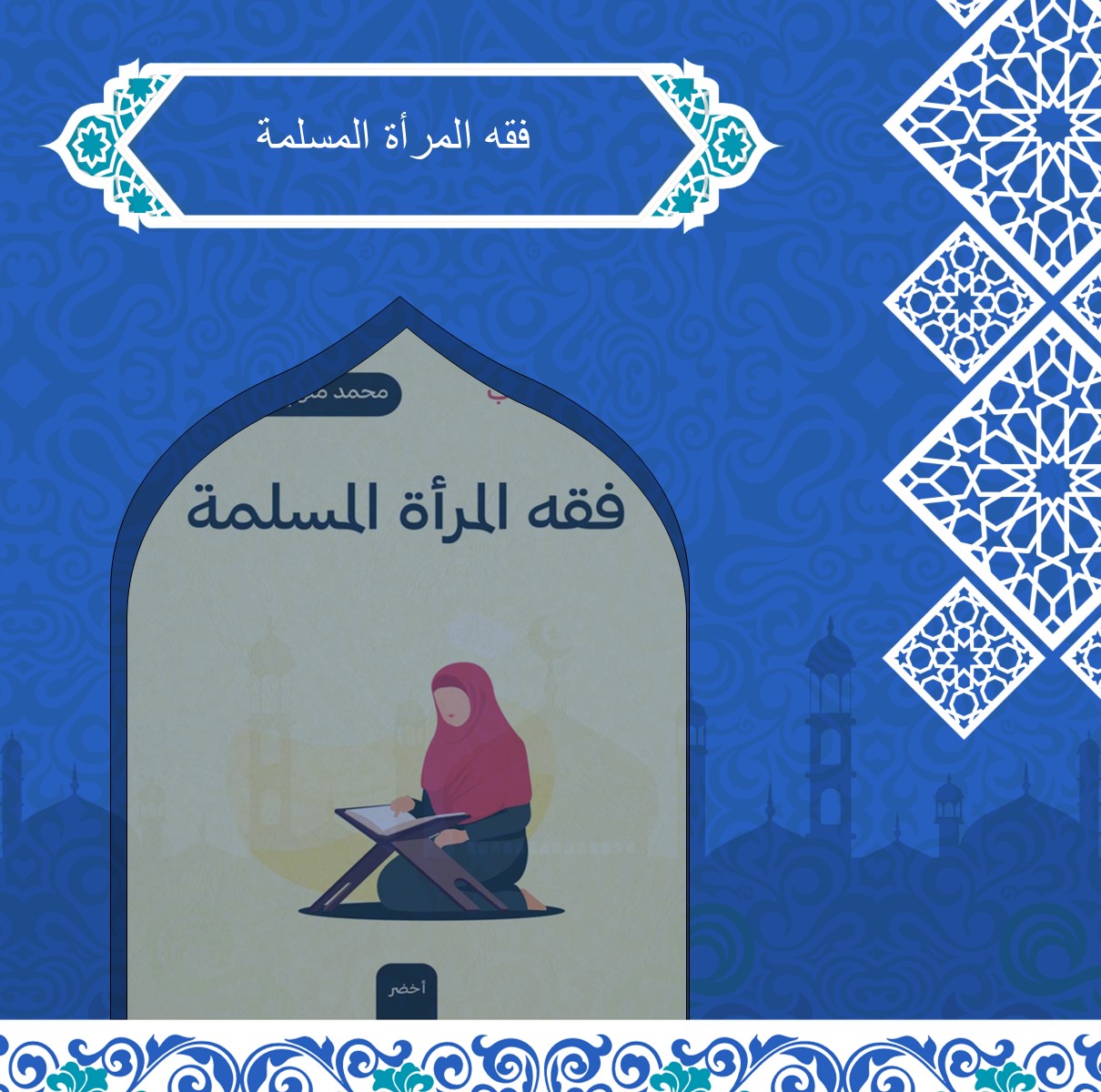
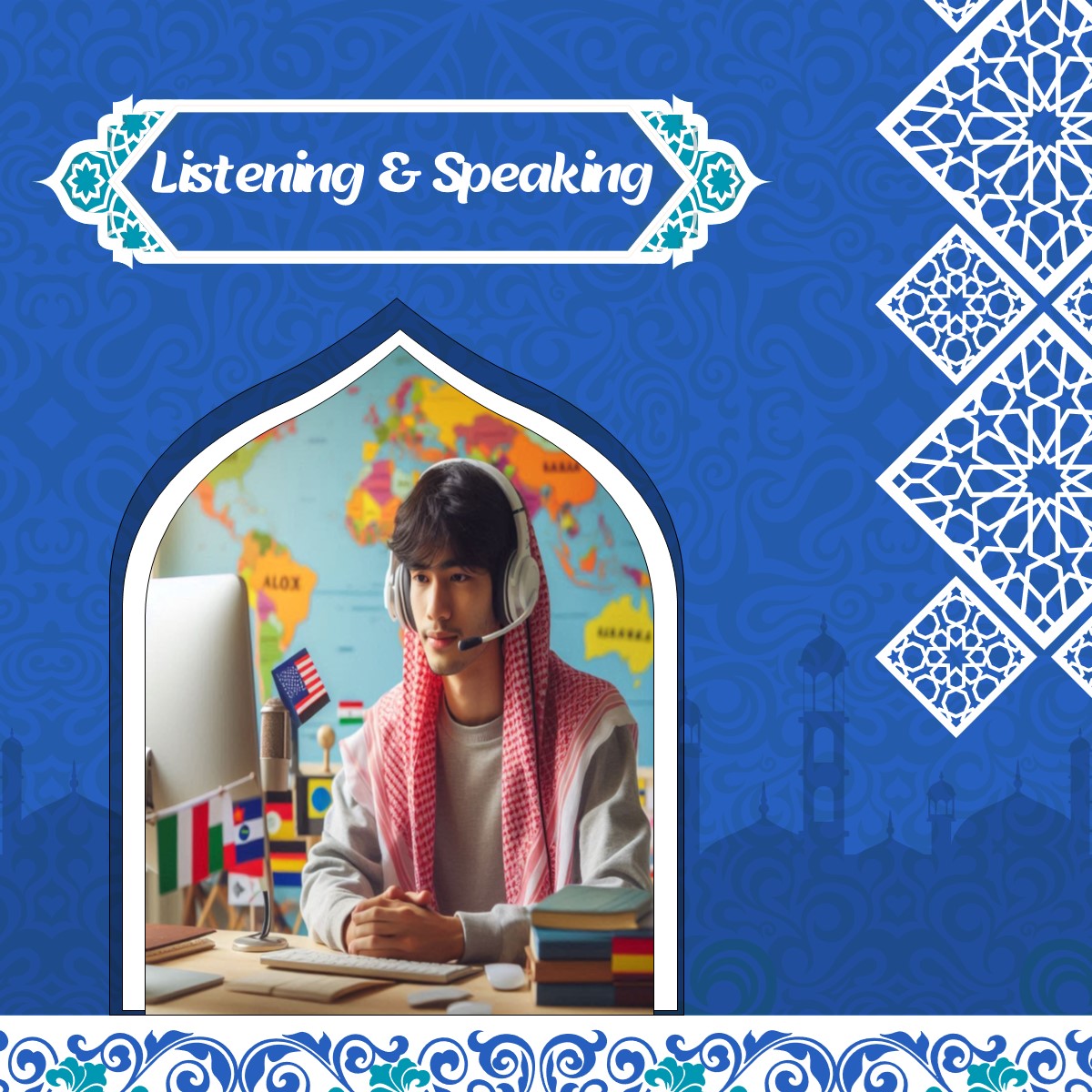
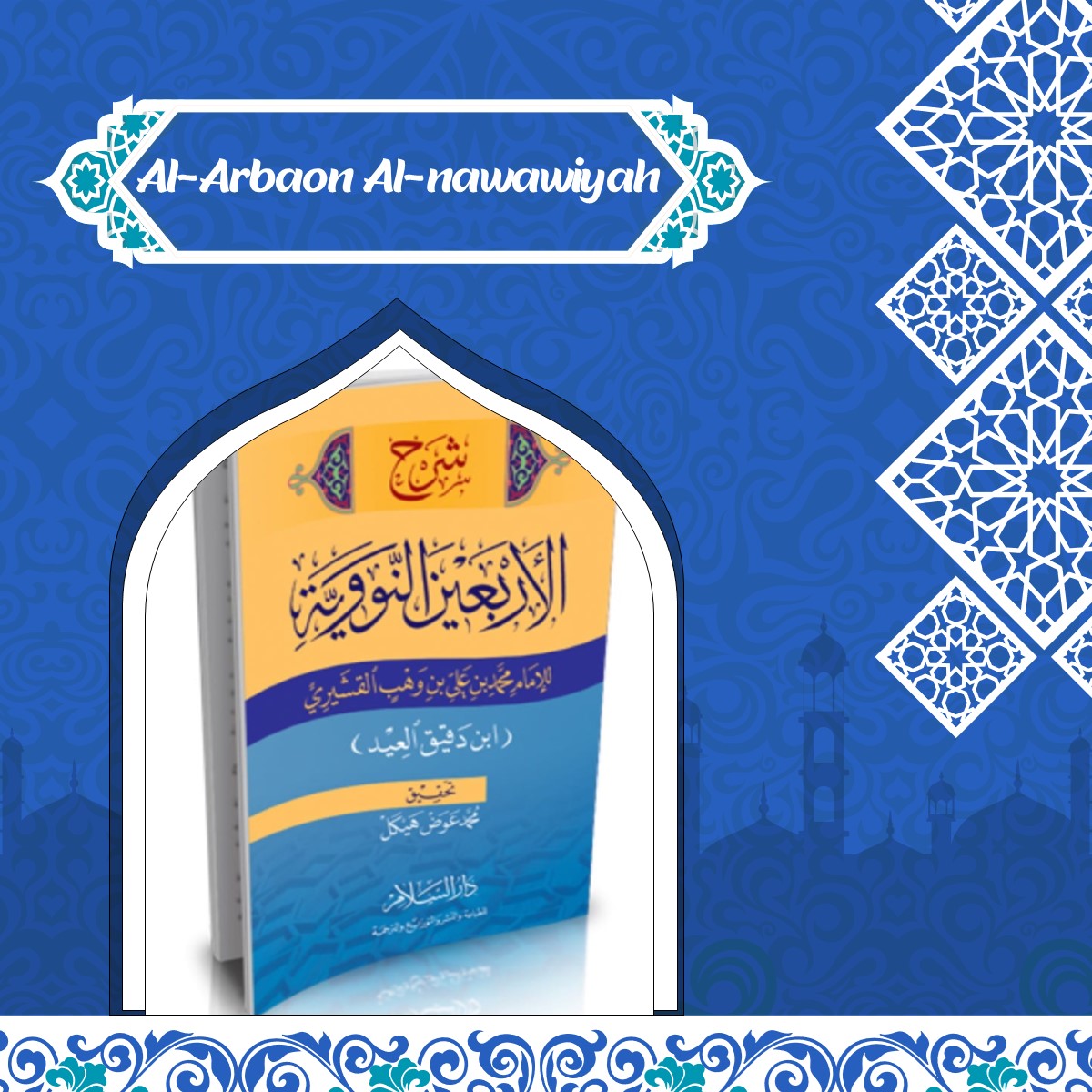
Reviews
There are no reviews yet.